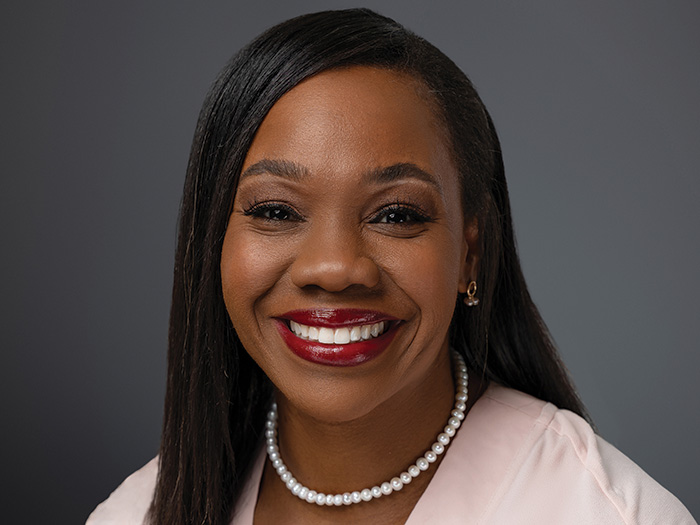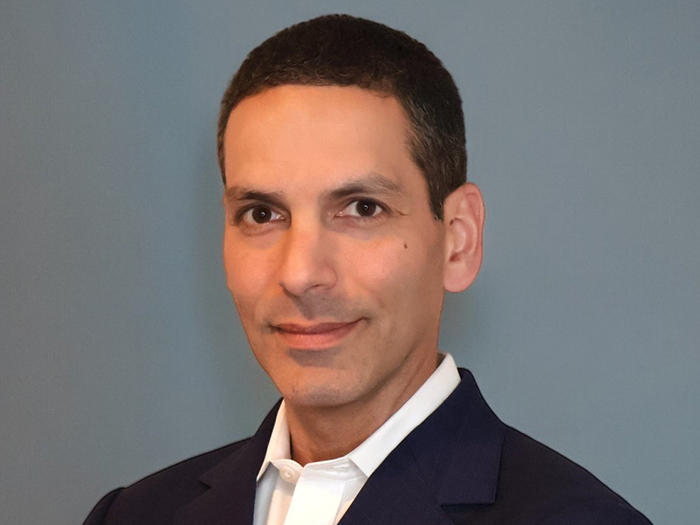How Pandemic Recovery Pivots May Benefit Restaurants, Retail and Hospitality

The 2022 CLM Workers Compensation and Retail, Restaurant & Hospitality Conference is set to take place from May 18-20. Set in Chicago, the conference is gearing up to unveil 30 sessions over the span of two days with 100 workers’ comp and risk thought leaders looking to share their insights with attendees.
A session at the conference titled, “Consequences to Insurance Strategies and Costs While Managing Claims in the Restaurant, Retail and Hospitality World,” will dive into how pandemic-induced circumstances have forced businesses to pivot their strategies. In some cases, the new methods could turn out to be not merely reactions to the pandemic but beneficial for future operations.
It’s safe to say that the pandemic has changed the way businesses and companies function. However, as recovery from the devastating, initial impacts of COVID-19 are ongoing, it’s important to look at the retail, restaurant, and hospitality business environment, assess what changes needed to occur, and decide which of those changes to retain going forward.
In particular, the pandemic has produced both hurdles and opportunities for these sectors, especially as it relates to their insurance premium levels and claim payment experience.
Breaking Down the Session
What exactly can attendees expect from this session? Patrick Sodoro of the Sodoro Law Group and one of the session’s speakers, broke down the pending discussion into three main points:
- Staffing shortages throughout the span of the pandemic recovery
- Changes in customer habits and their effects on businesses
- The business response to increased cost of insurance coverage
“We [have been] dealing with a situation where a lot of these businesses have had an opportunity to reset the way they do things, or they have to change their way of thinking because of the change in customer habits,” he said.
He continued, “It’s really neat to see some of the changes that have been employed within safety protocols, changes that have been made because there’s been a [shift] in customer habits, but also a change in the workforce.”
Staffing shortages across all sectors have been a concrete and widely felt effect of the pandemic. The retail, restaurant and hospitality industries are no exception. Because of this, many businesses in those three industries have been employing more part-time employees out of sheer necessity, which has a direct impact on standard operation procedures, according to Sodoro.
He said, “If somebody’s been working in the same job 40 hours a week, they become more familiar with the environment and their surroundings, but if you [have an employee] that might be trying to [work 10-15 hours a week, businesses] need to be a bit clearer on what [they] can and can’t do in order to keep [employees] safe.”
Ultimately, businesses must shift their approaches as they recover from the pandemic, and Sodoro believes this could be a productive transition, despite the risks, especially from a workers’ compensation/safety standpoint.
Businesses also must be cognizant of the fact that customer habits and lifestyles may have altered due to pandemic fallout. Sodoro emphasized that “when customers change, [businesses’] procedures for safety need to change, not only for employees, but from a liability standpoint.”
It’s these changes that Sodoro says can provide lessons for businesses and employers, as it gives them the opportunity to proactively respond to not only their own needs, but the needs of their customers.
And finally, as businesses undergo workforce transitions, the frequency of claims may shift, as less experienced workers struggle to maintain safe work conditions. The session will also provide guidance for businesses in how to manage a possible upsurge in claims.
Turning Struggle into Opportunity
While COVID-19 produced setbacks and hurdles for many businesses, some business leaders have reached a point in their pandemic recovery where they’ve learned more efficient ways to operate.
In terms of what Sodoro hopes attendees take away from the session, he hopes that businesses recognize these opportunities and take advantage of them, both in their current operations and going forward.
He said, “[The pandemic] was an unfortunate situation, but as we begin and continue to recovery, I really think this is an opportunity we can embrace.”
“If [businesses] don’t do anything and [continue] to do what they did prior to March of 2020, they’re going to get left behind, not just from a cost standpoint but from a safety standpoint.” &










